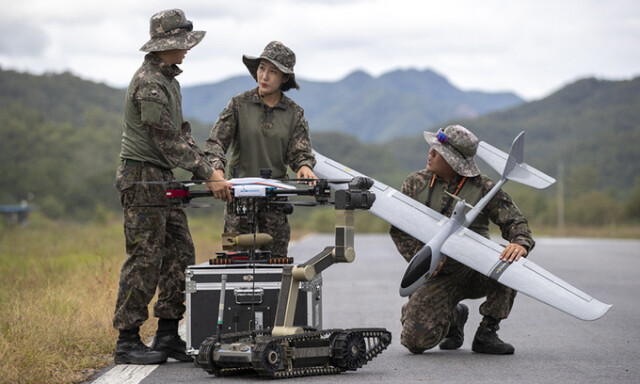
Taipei - In a significant move to bolster its defenses against mounting Chinese military pressure, Taiwan is set to approve a massive special budget for arms procurement next year. The proposed budget, exceeding 600 billion New Taiwan dollars (approximately $19 billion USD), marks a considerable increase in defense spending and reflects a strategic shift towards asymmetrical warfare capabilities.
According to reports from prominent Taiwanese media outlets like China Times and United Daily News, the Ministry of National Defense presented the budget to Premier Cho Jung-tai at a central government budget committee meeting on August 7. Sources indicate that President Lai Ching-te is expected to review and approve the spending plan shortly, after which it will be officially confirmed by the Executive Yuan on August 21 before being submitted to the Legislative Yuan (parliament) in September.
This special appropriation is a direct response to President Lai's prior commitments to raise Taiwan's defense spending to over 3% of its GDP, a pledge he made in March. The move is also seen as a proactive measure to address growing concerns, particularly from figures like Donald Trump, about security burdensharing among U.S. allies.
The budget allocates funds for a wide array of advanced military hardware, prioritizing technologies critical for asymmetrical defense strategies. A major focus is the acquisition of a staggering 48,750 commercial-grade military drones to be procured between 2026 and 2027. This includes plans for an additional purchase of 2,032 ALTIUS 600M-V anti-tank drones, a clear indication of Taiwan's emphasis on mobile, drone-based capabilities.
In addition to drones, the special fund will finance the acquisition of several high-profile weapons systems from international partners. These include M109A7 self-propelled howitzers, High-Mobility Artillery Rocket Systems (HIMARS), suicide naval drones, and a variety of anti-tank missiles such as the FGM-148 Javelin and the TOW 2B. Air defense is also a key component of the plan, with provisions for purchasing upgraded Patriot-3 missiles and the National Advanced Surface-to-Air Missile System (NASAMS). Furthermore, the budget will support the mass production of the Tien Kung 4 air defense missile.
The Ministry of National Defense has outlined its focus on four key areas for this arms acquisition: building asymmetrical forces, strengthening defense resilience, improving reserve forces, and enhancing grey-zone response capabilities. This strategic direction was recently reinforced by Taiwan Army Commander General Lyu Kun-hsu, who stated during an inspection of the 117th Infantry Brigade that the army's goal is to have every soldier trained to operate a drone, highlighting the central role of drone technology in Taiwan's future military doctrine.
This significant financial commitment underscores Taiwan's determination to modernize its armed forces and enhance its deterrence capabilities in the face of persistent geopolitical threats. The emphasis on drones and mobile missile systems suggests a strategic shift toward a more agile and distributed defense posture, designed to counter a larger and more technologically advanced adversary. The budget awaits final approval, but its contents signal a clear and ambitious direction for Taiwan's military future.
[Copyright (c) Global Economic Times. All Rights Reserved.]






























